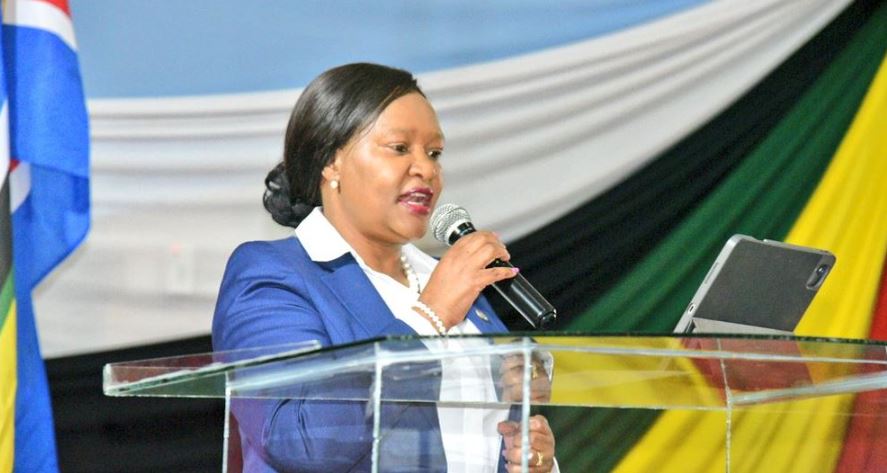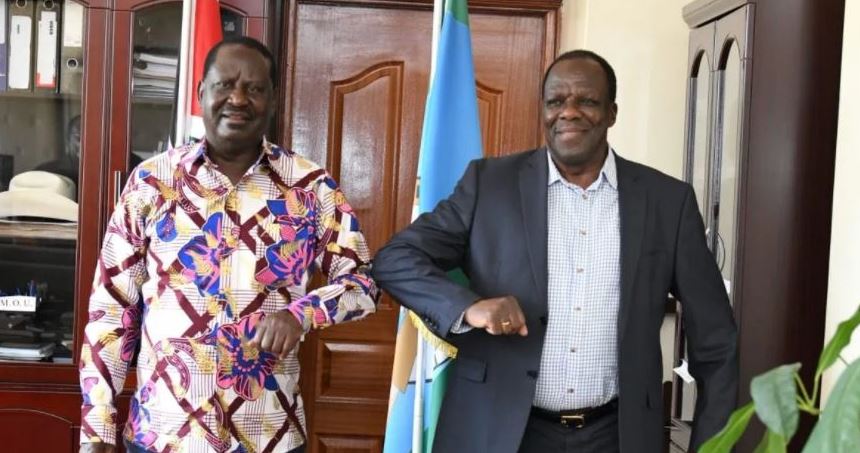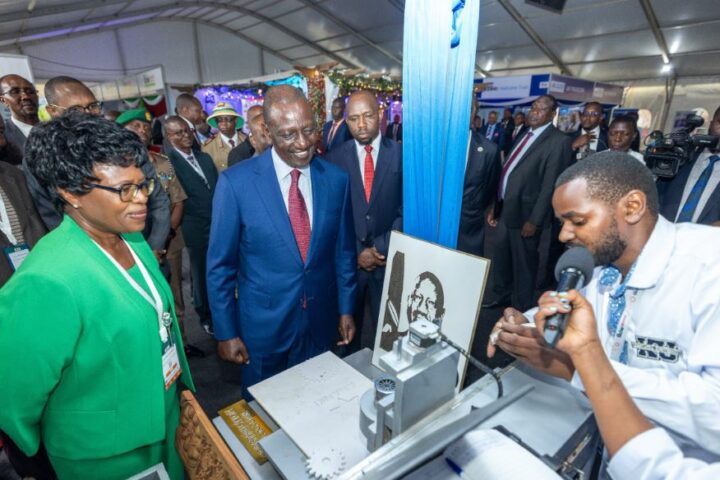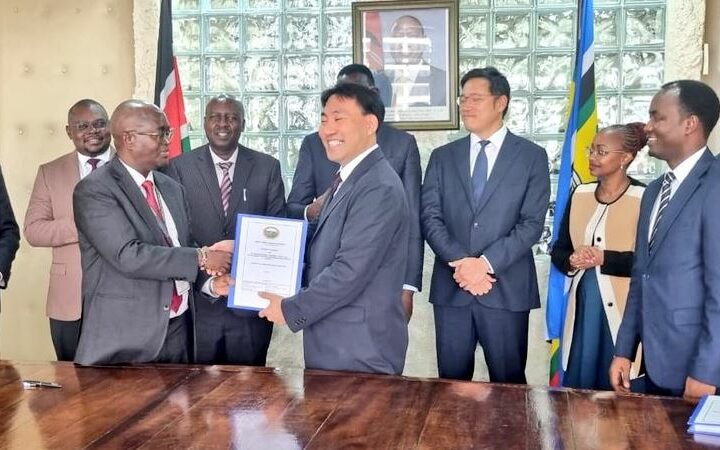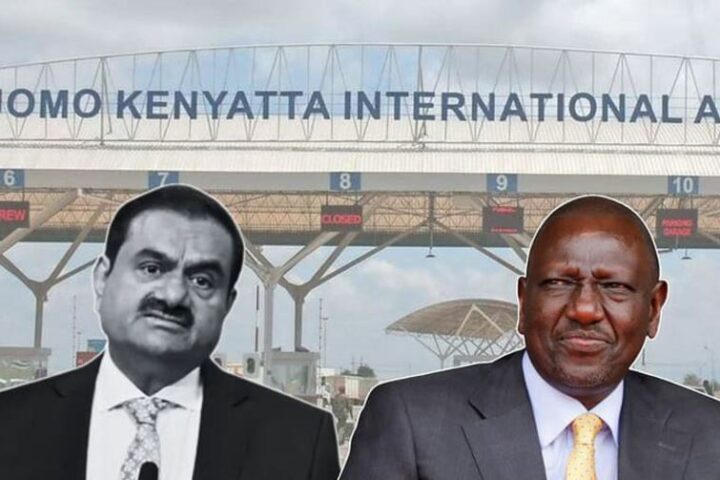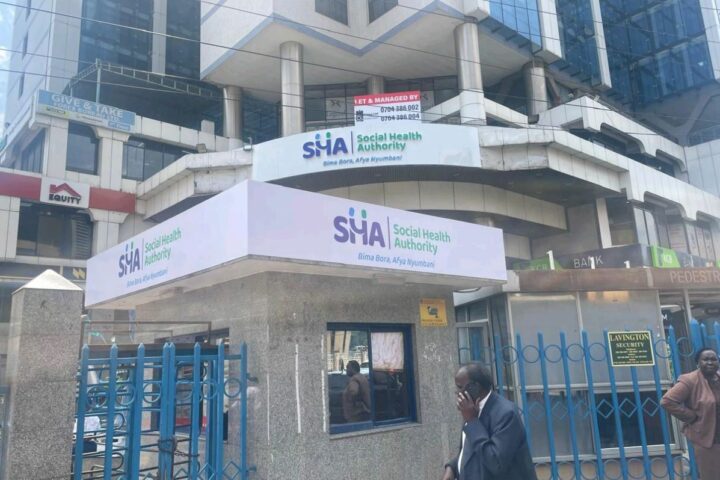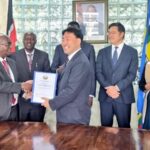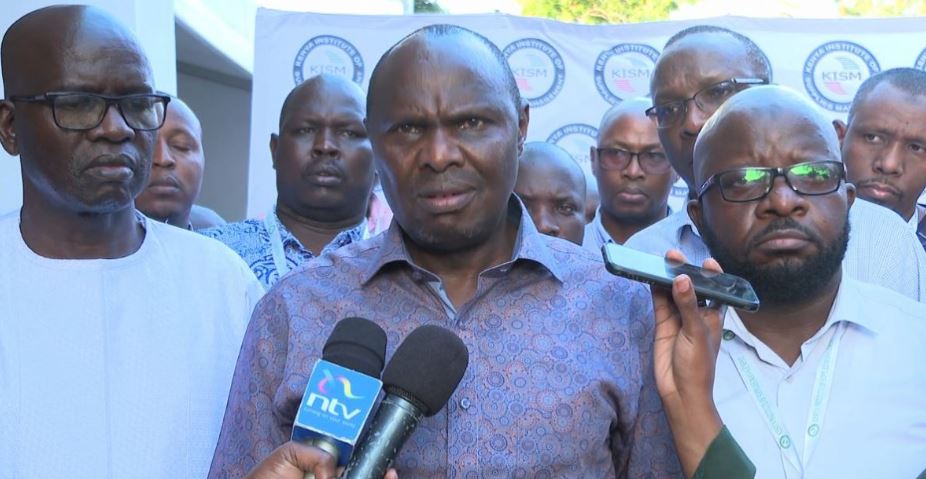
He observed that procurement sections in the public offices had dented the reputation of the government for abetting graft by taking bribes and handouts in exchange for services or favours, casting doubt about the integrity of civil servants before the eyes of the public.
“Their actions have dented the government’s reputation, casting doubt on the integrity, fidelity, and propriety of any procurement outcome,” he said, adding that there are a number of corruption risks across the pre-tendering, tendering, and post-award stages.
The Chief of Staff made the observation during the Heads of Procurement Forum in Mombasa City that was organised by the National Treasury and the Kenya Institute of Supplies Management for procurement practitioners from the National and County Government Ministries, Departments, and Agencies.
Koskei expressed fears that dishonest elements had infiltrated the public procurement sector, citing the expose’ on the COVID scandal and irregularities highlighted by the Auditor General and Parliament on the Kenya Medical Supplies Agency (KEMSA), which hit headlines with uncomfortable reading.
“The scale and nature of the procurement irregularities paint a sad picture. There is limited transparency, a breach of prescribed regulations, poor or ineffective due diligence, and an obvious contractor-driven supply logic,” he regretted.
Koskei said that despite Kenya’s robust legislative framework and institutional architecture in place to regulate procurement in the country, the cartels were perpetuating their evil scheme with impunity.
“It can only be the “mali ya umma” attitude of our procurement and user department officials, or worse still, their active connivance in perpetuating it in pursuit of ill-gotten gains,” he said.
The Chief of Staff underscored the need for a holistic approach to risk mitigation and corruption prevention, including the disclosure of administrative compliance measures in the bidding phase to discourage favouritism in the awarding of tenders.
To advance positive governance in the procurement departments, the Chief of Staff urged procurement officers to maintain high ethical standards as professionals.
He said the concept of self-regulation, including enforcing requirements relating to conflicts of interest, is essential to the restoration of the profession and its standing in society.
“It is integral that procurement practitioners champion and advance ethical standards and moral values of honesty, professionalism, and righteousness as the anchors of the profession, both in word and in deed,” he elucidated.
The heads of procurement were urged to embrace integrity training programmes, raise awareness about integrity risks, and develop knowledge on ways to counter the threats and enhance internal controls, compliance measures, and anticorruption programmes for suppliers, including appropriate monitoring.
“Public procurement contracts should contain “no corruption” warranties, and measures should be implemented to verify the truthfulness of suppliers’ warranties that they have not and will not engage in corruption in connection with the contract and/or any such sub-contractual arrangements,” directed Koskei.
The procurement chiefs were told to prioritise the use of competitive tendering and limit the use of exceptions and single-source procurement as a means of driving efficiencies, fighting corruption, obtaining fair and reasonable pricing, and ensuring competitive outcomes.
In exceptional circumstances, they should justify limitations on competitive tendering and the use of single-source procurement.
